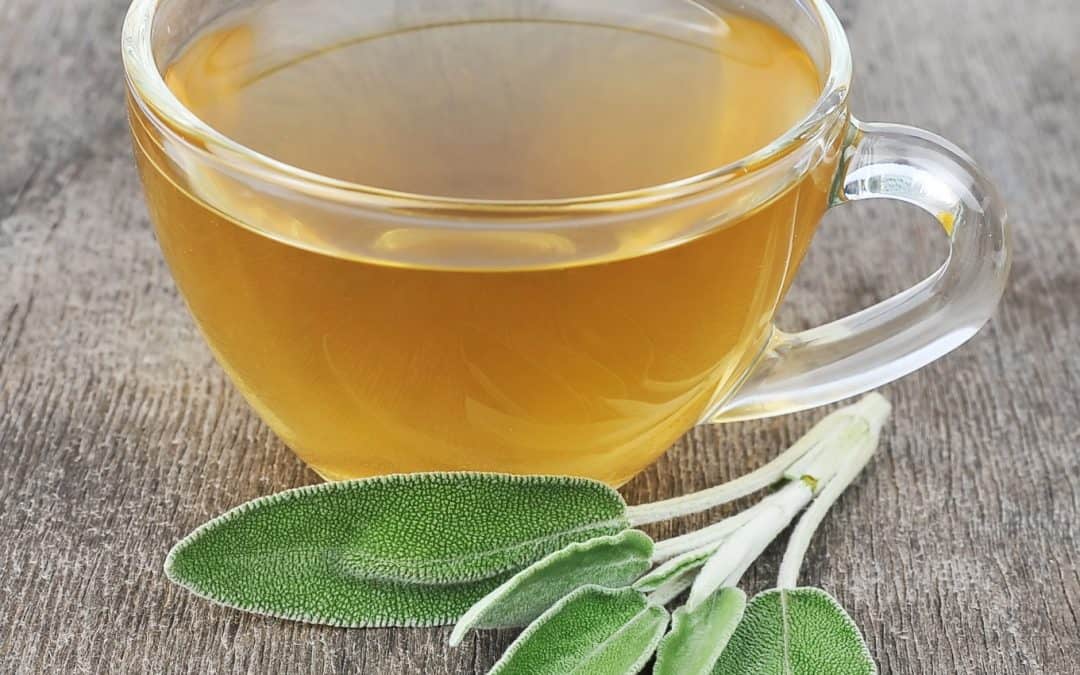For thousands of years sage has been an essential ingredient in the practice of traditional medicine. Traditional herbalists have useג sage to treat a wide variety of ailments and complaints. Due to its distinctive flavor and aroma the sage is very common as a tea seasoning herb and in other culinary uses.
Helps improve mental capacities
Traditional medicine has long recommended sage to treat declining mental functions and memory loss associated with conditions such as Alzheimer’s disease and Dementia.
Relieves pain and inflammation of the respiratory system
In folk medicine sage is very common for traditional use in cases of colds, cough and infections of the respiratory system, removes mucus congestion in the upper and lower respiratory tract and reduces secretion, in conditions such as asthma, phlegm and wheezing.
Treats Digestive Disorders
Sage is indicated for indigestion, gas and swelling, spastic abdominal pain, poor absorption as well as infections and inflammatory diseases of the digestive system.
Treats Menopausal Symptoms
Hot flashes, insomnia, dizziness, headaches, night time sweating and occasional palpitations. These symptoms arise from hormonal imbalances, usually lowered Estrogen levels.
Other Uses
The presence of camphor and camphene in sage essential oil can help combat fungal infections of the skin, such as dermatitis and athlete’s foot.
Many Native American communities burn dried bundles of sage as part of their ceremonial practices. The act of spreading the sage smoke throughout an area is believed to dispel negative energy and promote healing.
Properties
Type: Leaves
Element: Ether, Air
Color: Green
Taste: Bitter, Pungent
Natural Attributes: Cool, Dry, Mobile
Dosha impact: Kapha-, Vata+, Pitta-
Tissue impact (Vipak): Drying
Thermal impact (Virya): Cooling
Digestive impact (Agni): Improves digestion
Moves energy: Downward
Channels (Srotas): Opens and clears the channels
Strength (Bala): clears congestion and obstruction
Sturdiness (Ojas)
Mind (Manas): Calms the mind
Feces: moves
Urine: diuretic
Occasion: Spring, Summer
Nutrient: Volatile oil: alpha & beta-thujone, camphor, Borneol, cineole. rosmarinic acid, Picrosalvin, tannins, flavonoids, triterpens.
Chinese medicine syndromes: Liver or Lung Phlegm stagnation
Medicinal properties
- Nourishment (rasa):
- Blood-circulation-liver: Circulatory stimulant, Hypoglycemic
- Muscles: Antispasmodic
- Fat:
- Bones-joints-tendon-ligaments:
- Nervous system:
- Reproductive and hormonal systems: Hormone balancers, Emmenagogue
- Immunity: Anti-inflammatory, Anti-microbial
- Vital essence and strength:
- Mental: Nervine, calms the mind
- Skin:
- Kidney-Bladder:
- Respiratory system: Anti catarrhal, Expectorant, clears the voice, dyspnea
- Digestive system: Carminative
- Cleansing:
Harmful for:
Pregnancy: Sage is not allowed for use during pregnancy.
Breastfeeding : Sage is not allowed during lactation period due to reduction in milk production, however is indicated if reduction in milk production is necessary.

